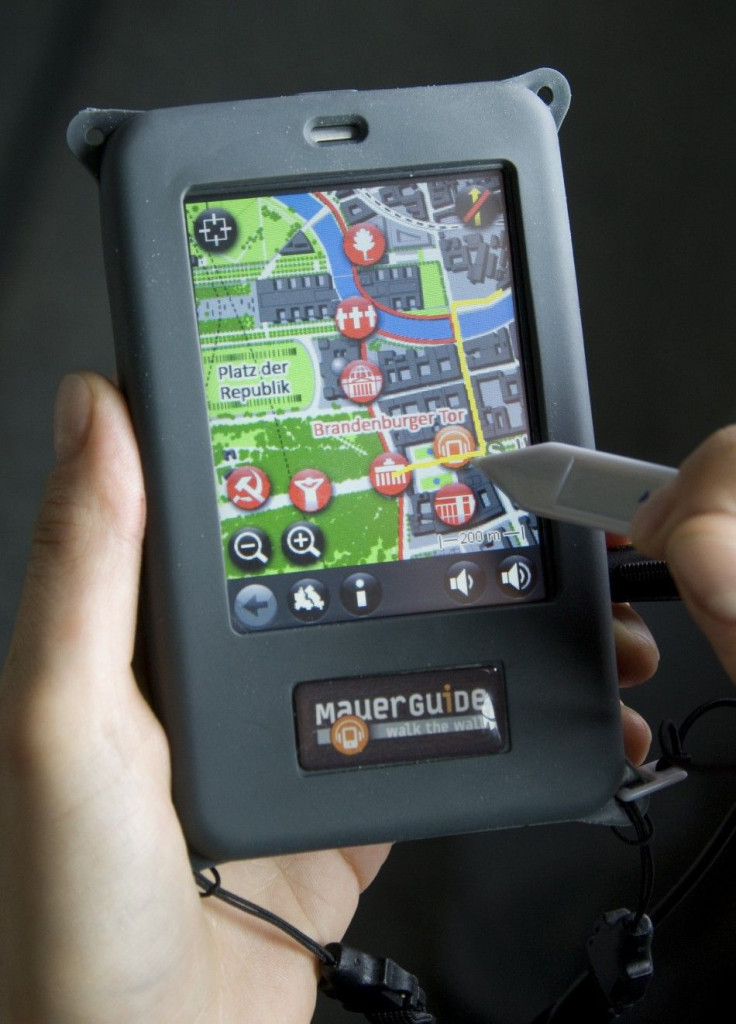Report: Society Too Reliant On GPS Systems

A new report from the Royal Academy of Engineering in London suggests developed nations have become too reliant on GPS systems.
The report from the Academy focuses on global navigation satellite systems (GNSS) and their vulnerabilities. These vulnerabilities include deliberate or accidental interference, both man-made (such as jamming) and natural (such as solar flares). While most people equate GPS systems with the tiny screens which get drivers from point A to point B, the report says society's reliance on the technology goes well beyond that. The Academy says the range of applications using the technology is so vast that without adequate independent backup, signal failure or interference could potentially affect safety systems and other critical parts of the economy.
In the U.K., on top of satellite navigation, GNSS is used for data networks, financial systems, shipping and air transport, agriculture, railways and emergency services. The European Commission recently estimated an €800 billion ($1.1 trillion US) chunk of the European economy is already dependent on GNSS.
The vulnerabilities in these systems, the Academy says, could have dire consequences if exposed. The Academy says a ship, for example, directed slightly off course by faulty data could be steered into danger. This kind of error from a GNSS is what the Academy calls a dangerously misleading mistake. While some GNSS issues are obvious, and can be corrected quickly, these types of mistakes are hard to catch on at first glance, but still can lead to bad outcomes.
GPS and other GNSS are so useful and so cheap to build into equipment that we have become almost blindly reliant on the data they give us, said Dr. Martyn Thomas, chairman of the Academy's GNSS working group, in a statement. A significant failure of GPS could cause lots of services to fail at the same time, including many that are thought to be completely independent of each other. The use of non-GNSS back ups is important across all critical uses of GNSS.
The report also mentions criminal use of jamming equipment to bypass GNSS systems. This kind of illegal activity would allow criminals to block tracking of consignments of goods or to defraud systems that collect revenue using GNSS. All told, Dr. Thomas says even if the Academy's recommendations on how to improve GNSS vulernabilities, the technology comes with a lot of unanswered questions.
No one has a complete picture of the many ways in which we have become dependent on weak signals 12,000 miles above us, he said.
To contact the reporter responsible for this story call (646) 461 6920 or email g.perna@ibtimes.com.
© Copyright IBTimes 2025. All rights reserved.





















